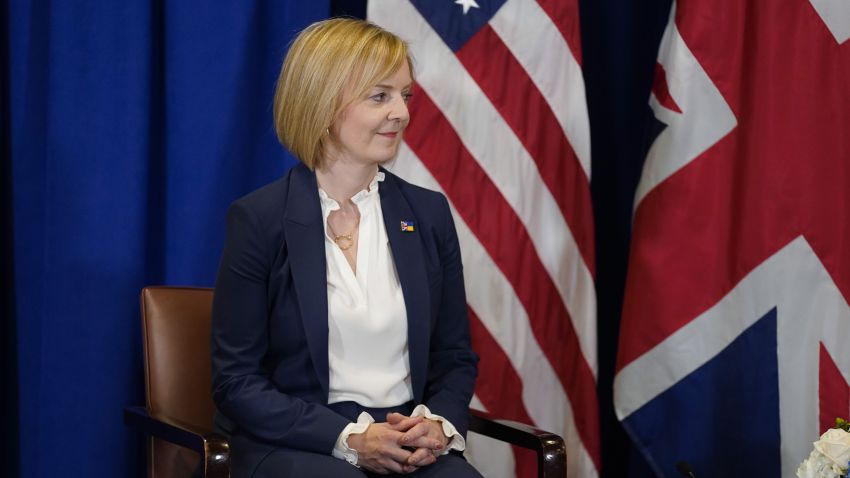Queen Elizabeth II was laid to rest this week, with British citizens and global leaders paying their final respects Monday at a ceremony in London that was broadcast around the world. But as one era ended, another began. For royal family watchers, that meant Prince Charles finally ascending to the throne as King Charles III after a lifetime of waiting. But close observers of global politics will have been more interested in one of Queen Elizabeth’s final official acts: meeting with British Prime Minister Liz Truss, who succeeded Boris Johnson just days before the queen’s death.
This dual change in the British head of government and head of state offers a unique opportunity to reflect on Britain’s place in the world, particularly with regard to its ostensibly strongest foreign policy relationship: that with the United States.
Many speak of London’s ties with Washington as the “special relationship,” based on the tacit assumption that the U.S. and U.K. are uniquely positioned to cooperate on a host of issues and can count on one another’s support on the world stage. During this time of change, it’s fair to ask if, moving forward, the two allies’ special relationship will remain all that special. For a number of reasons, it won’t.

